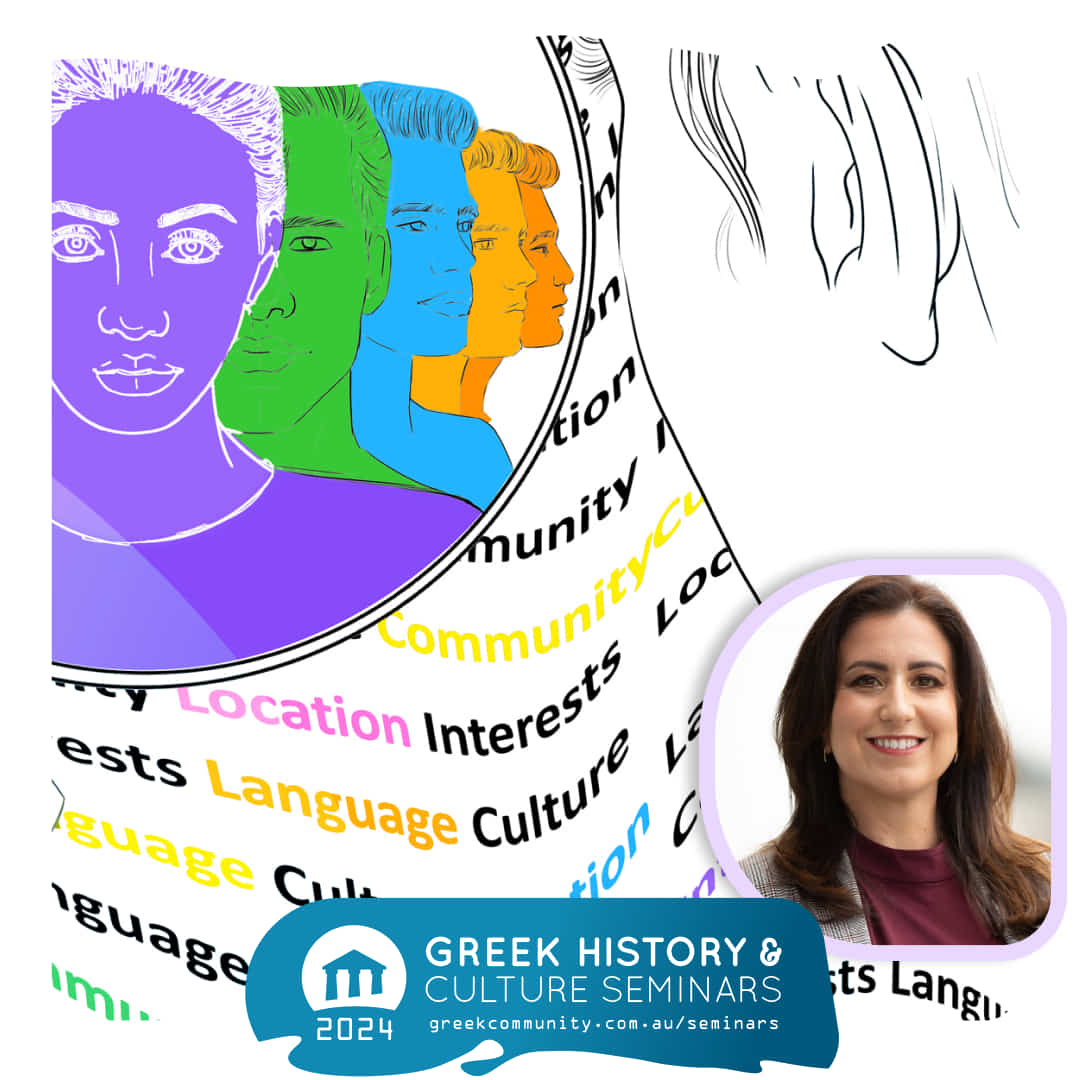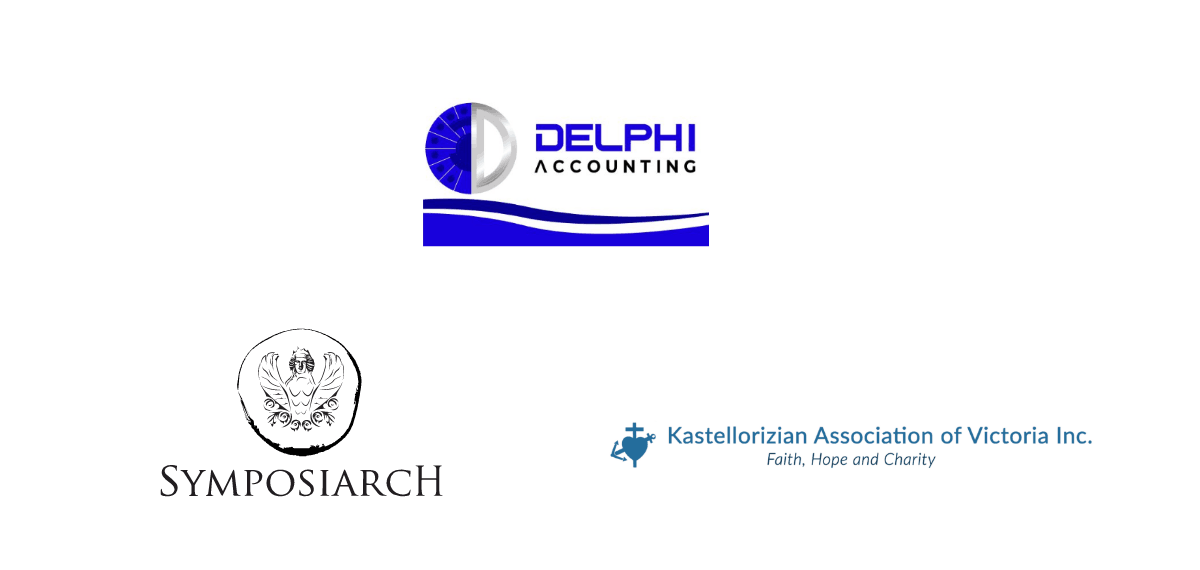| |
Synopsis
My doctoral research was motivated by my personal experiences of migration. Migrants not only navigate time zones but languages, cultures and relationships. The spontaneous effect of new media can be considered beneficial for migrants wishing to maintain a connection to their birth country. But is it? Collaborating with eight migrant youths living in Melbourne, aged 18-24 years, we met online to explore the question, ‘In what ways does new media usage shape the identities of Greek migrant youths, and help them find a sense of belonging?’ Together we explored instances of our identities performed for and shaped by our online communities. As the a/r/tographer (artist/researcher/teacher) leading the research, I captured our individual and shared digital journeys through storyboarding. My arts practice as an author of children’s books centres around arranging text and images on a page to communicate meaning. For this research, each storyboard I created was an assemblage of words and photographs contributed by the participants that also resonated with me and my identities. The research study was impacted, perhaps in a positive way, by the global COVID-19 pandemic. Lockdown not only heightened the desire for connection during what was an isolating time for the youth participants, but also fuelled personal contemplations about their migration journey, the enormity of physical distance from Greece, as well as the pandemic’s impact on their future life plans, such as careers, social life and interests. Mediating the use of new media for ‘survival’ in a new homeland, and the value of the digital space to enable communities of belonging, were significant outcomes of this research.
|
|



